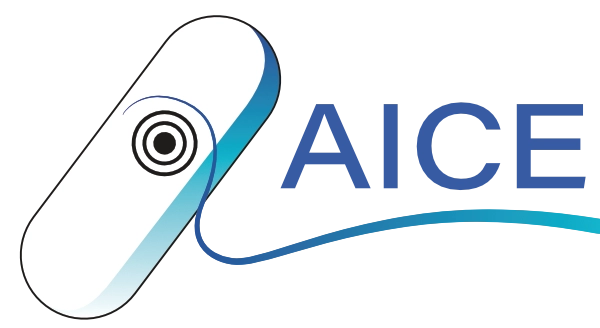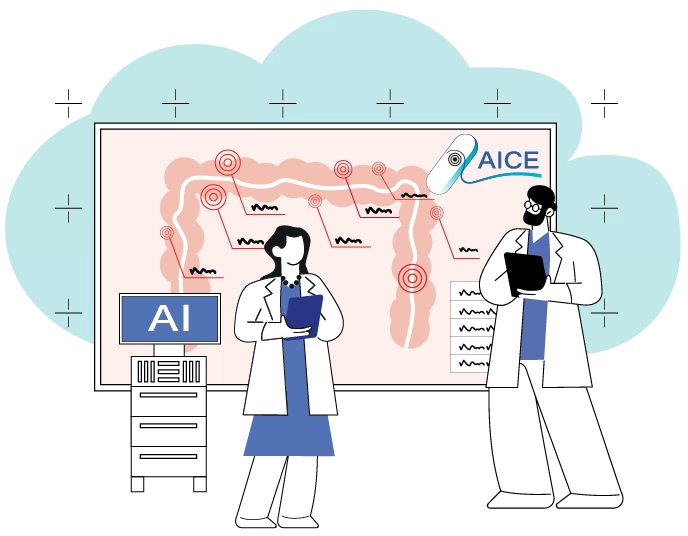Deliverable 5.3 from the AICE project, led by UAB, has completed a detailed cost-efficiency analysis of Colon Capsule Endoscopy (CCE) as part of population-based colorectal cancer (CRC) screening.
While CCE based screening was found to be more costly than standard colonoscopy, it identified more colorectal cancers and precancerous lesions, resulting in slightly better health outcomes. In a 50-year simulated analysis, the additional cost per cancer avoided ranged from €1,019 in Spain to €3,507 in Denmark, and the additional cost per quality-adjusted life year (QALY) gained ranged from €1,405 to €4,992.
The analysis concludes that CCE can be a cost-effective alternative to colonoscopy in CRC screening programmes where adherence is moderate to high and capsule costs are lower. Although initial implementation requires greater resource use, once established, CCE based strategies could enhance early detection and reduce CRC mortality, providing good value for healthcare systems.
Efficiency can be further improved by identifying population groups less likely to require follow-up colonoscopy, as repeat investigations remain a key cost driver.
Looking ahead, the integration of AI-assisted image analysis is expected to further increase the efficiency and cost-effectiveness of CCE by reducing clinician workload, improving consistency, and supporting faster decision-making.
In conclusion, CCE shows strong potential as an effective, patient-friendly alternative for CRC screening. With reduced capsule costs, targeted implementation, and AI support, CCE could play an important role in enhancing early detection, improving outcomes, and delivering sustainable value for healthcare systems.




